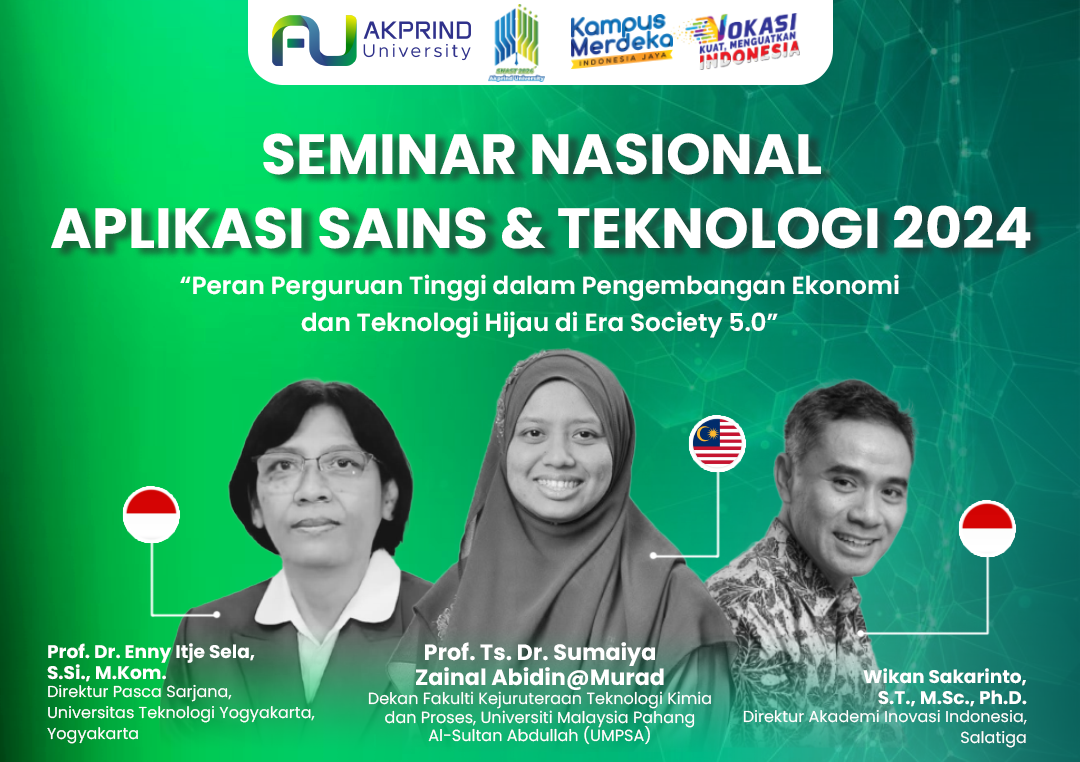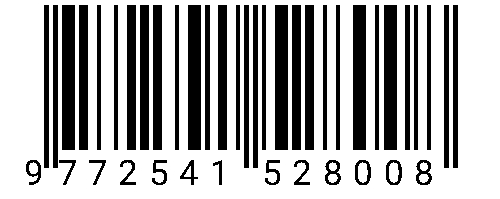PENDEKATAN CONCURRENT ENGINEERING GUNA MENGEMBANGKAN PRODUK JAM DINDING DENGAN METODE QUALITY FUNCTION DEPLOYMENT
DOI:
https://doi.org/10.34151/prosidingsnast.v1i1.4996Keywords:
Attribute, Concurrent Engineering, Product Development, Quality Function DeploymentAbstract
UMKM MAQ is a home industry that produces handicraft products from resin and wood waste located in the Playen Gunungkidul area. In recent months, sales of wall clock products have decreased, only being able to sell 6-9 products compared to previously being able to sell an average of 25 wall clock products per month. This problem is likely to occur because consumers are starting to become bored with previous wall clock models, the unavailability of other models, and the decreasing competitiveness of these products, so it is necessary to develop new wall clock models by considering consumer satisfaction so that MAQ is able to increase the number of wall clock sales again. The aim of the research is to develop wall clock products using the Quality Function Deployment (QFD) and Concurrent Engineering (CE) methods. Both methods are used to identify consumer needs that are linked to process needs. The product process needs with the highest contribution value indicate that these process needs are the focus of development for new wall clock product designs, while the consumer needs attributes with the highest value are things that must be improved to overcome existing problems. The results of the approach using both methods show that the process needed with the highest value is the provision of a new design with a normalized contribution value of 36%, while of the six consumer needs attributes that obtain a contribution value is the response to variations in other sizes with a value of 1.6083.
References
Astuti, R., & Masri, A. (2023). Tas Sling Bag dengan Memanfaatkan Hasil Eksplorasi Material Bonggol Jagung: Tas Sling Bag bonggol jagung. Jurnal Desain Produk Nasional, 1(1), 31–49.
Cohen, L. (1995). Quality Function Deployment, how to make QFD work of you. New York: Wesley Publishing Company.
Dorothea Wahyu Ariani, (2024), Manajemen Kualitas , Edisi 2, Penerbit Universitas Terbuka
https://data.gunungkidulkab.go.id/en_AU/dataset/?_organization_limit=0&organization=dinas-koperasi-usaha-kecil-dan-menengah (5 Agustus 2024)
Husniar,F, (2023), Strategi Pengembangan Produk Baru sebagai upaya Meningkatkan Daya Saing Perusahaan, Jurnal Riset Manajemen dan Akuntasi, Vol3 no 2.
Putri N (2021), Penerapan Metode Quality Function Deploymant yang Terintegrasi metode Servqual untuk Meningkatkan Kepuasan konsumen Dalam Kulaitas Pelayanan di Inaka Coffee, Jurnal Ekonomi Pertanian dan Agri Bisnis, Volume 5 no 4 hal 1037-1050, ISSN: 2614-4670 (p), ISSN: 2598-8174 (e)
Ralahallo, B.A.B, (2021), Pengaruh Strategi Pengembangan Produk Terhadap Peningkatan Volume Penjualan Plywood pada PT. Waenibe Wood Industri, Jurnal Ilmu Sosial, 15(2), 72-83
Susan Skalak. (2002) Implementing Concurrent Engineering in Small Companies. Hal 48-78, Virginia: Marcel Dekker Inc.
Wahyuni,RS, (2020), Perancangan dan Pengembangan Produk Helm Menggunakan Quality Function
Deployment , Jurnal OPSI, Vol 13 No 1, hal 7
Downloads
Published
Issue
Section
License
Copyright (c) 2024 Cyrilla Indri Parwati, Joko Susetyo, Ditya Pandu Pradana, Wahyu Rohmatan Febryansah

This work is licensed under a Creative Commons Attribution-ShareAlike 4.0 International License.







